Bankruptcy is designed to give you a fresh start in your financial affairs. Through Chapter 7 or Chapter
13 bankruptcy, Brace can help you reorganize and/or eliminate debts, reduce payments, protect assets,
stop levy and garnishments, stop repossessions, stop lawsuits and creditor harassment. Brace has
handled over 10,000 bankruptcy proceedings in his more than 42 years and can help with yours.
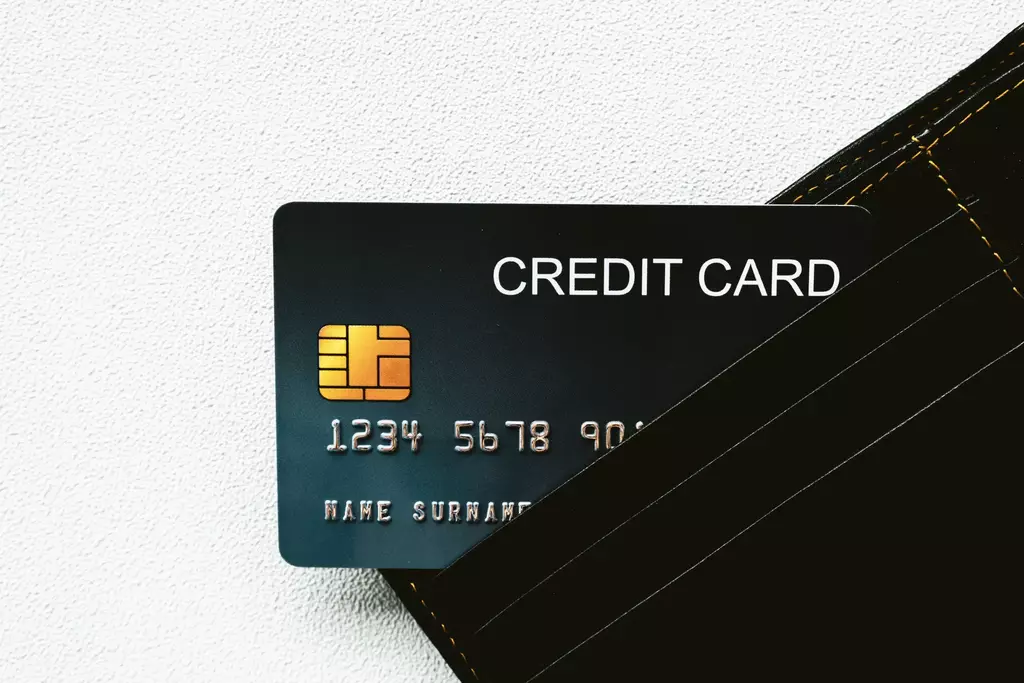
It is not uncommon for credit card companies to challenge credit card debt discharged in a bankruptcy proceeding. A tactic credit card companies will often use to try to put together a timeline of credit card purchases that they will attempt to show the court was unnecessary. They will try to claim that some or all credit card purchases within a specific period of time were made with the intent of including those purchases in a foreseeable bankruptcy proceeding. They will claim that the credit card holder who has filed for bankruptcy intentionally made purchases while never intending to pay the credit card company.
In some cases, this tactic by the credit card company may work, but typically only if the credit card company can effectively show a pattern of a purchasing history that indicates the credit card holder's clear intent to never pay for the purchases made because of an impending or foreseeable bankruptcy claim.
However, the intent of the credit card holder is not always so cut and dried. It is often subjective and, therefore, your bankruptcy attorney will fight to paint a different picture from that of the attorneys for the credit card company. Your attorney will show that certain purchases were made before unforeseeable financial circumstances that directly led to the credit card holder's decision to file bankruptcy.
Clients will often be served with lawsuits from companies that have purchased the credit card debt from the original credit card company. These lawsuits may be successfully defended as the credit card claim's purchaser cannot prove that they are the true owner of the claim.
We are extremely detailed in our preparation regarding your bankruptcy, and bankruptcy-related legal issues, provide a comprehensive approach in seeking a successful bankruptcy, and guide you through this challenging process with the dignity and respect you deserve.

When an individual, family, or business files for bankruptcy, all ongoing debt and collection litigation must come to a halt. All debts are included in the bankruptcy. All collection agencies and lawyers must cease all collection and litigation efforts against you regarding the debt.
Upon filing for bankruptcy, each creditor, collection agency, and law firm associated with the debt will be formally notified that the debt is part of your bankruptcy. If after the creditors, collection agencies, or law firms have been formally notified of your bankruptcy protection status, they choose to continue their collections or legal efforts against you, this may lead to fines and penalties and may open the door for you to seek damages against them through civil litigation.
Suppose you are contacted by a creditor, debt collection agency, or law firm after they have been formally notified of your bankruptcy status. In that case, document all phone calls, emails, letters, or other forms of contact by these parties and immediately provide this documentation to your bankruptcy attorney.
It is not uncommon for your debt to have been passed along to various collection agencies that all want to be paid for collecting a debt that is owed. The original creditor's responsibility is to ensure all debt collections and legal actions are stopped once they are notified of your bankruptcy protection status. Not being aware that the debt collection process has been passed along to various collection agencies or independent debt collection contractors is not a defense for the creditor or collection agency. All current collection efforts and civil litigation must immediately cease for debt that is included in a bankruptcy case.
We are extremely detailed in our preparation regarding your bankruptcy and bankruptcy-related legal issues, provide a comprehensive approach in seeking a successful bankruptcy, and guide you through this difficult process with the dignity and respect you deserve.
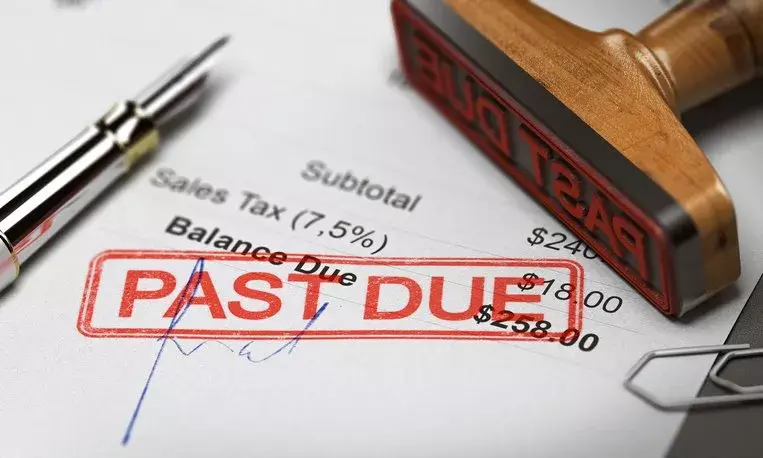
An automatic "stay" is issued to all creditors when an individual, family, or business files for bankruptcy protection. This "stay" stops all debt collection actions and debt litigation pending the bankruptcy case outcome. If any creditor, debt collection agency, or law firm contact you following notice of the "stay", this is a violation of the Fair Debt Collection Practices Act (FDCPA) and the bankruptcy laws.
You should document each violation and immediately report the violation(s) to your attorney. In some cases, these violations may lead to fines, penalties, and potential civil litigation that may allow you to seek civil damages for each and every violation that has occurred. This also holds true if creditors contact you, debt collection agencies, or law firms following a successful bankruptcy regarding debt that has been discharged in the bankruptcy case. A restraining order is issued with the bankruptcy discharge, which protects you after the case is completed.
We are extremely detailed in our preparation regarding your bankruptcy and bankruptcy-related legal issues, provide a comprehensive approach in seeking a successful bankruptcy, and guide you through this difficult process with the dignity and respect you deserve.
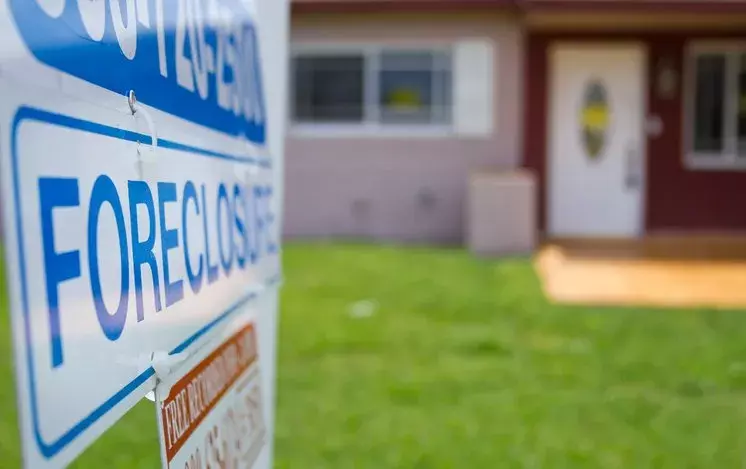
If you have received a notice of foreclosure on your home by your lender, this may make you feel helpless and uncertain about how you can save your home. Many people who have a home involved in a pending foreclosure are struggling to pay other bills and debt. You may be able to do things to stop the foreclosure, delay the foreclosure, or even give you the time to attempt to refinance the home in a manner that would be affordable to you following a bankruptcy.
One of these actions available to many people seeking to save their home is to file for Chapter 7 or Chapter 13 personal bankruptcy.
How Chapter 7 and Chapter 13 Bankruptcy Can Save Your Home From A Foreclosure
When a personal Chapter 7 or Chapter 13 is filed, an automatic "stay" is issued to all creditors. This "stay" stops all debt collection actions, debt litigation, and, yes, your foreclosure as well.
While the "stay" in Chapter 7 is only temporary, pending the outcome of the bankruptcy case, the Chapter 7 bankruptcy can help you in a few ways:
* Give you the ability to have certain debts discharged, enabling you to afford the current mortgage going forward. This
can put an end to the foreclosure process entirely.
* Give you time to restructure, refinance, or modify your current mortgage, thus stopping the foreclosure process.
* Give you time to have the debt discharged, allowing you the time necessary to arrange for new accommodations.
* Give you time to sell the home before a home foreclosure taking place.
On the other hand, the "stay" in Chapter 13 lasts for the life of the plan, unless relief is granted to the mortgage holder by way of litigation in Bankruptcy Court. You are protected and keep your home as long as you comply with the plan. The Chapter 13 helps you keep your home by filing a payment plan that:
* Stopping the foreclosure.
* Pays the payments that you are behind.
* Pay any property taxes due on the home.
* Delaying the time to restart payments.
* Giving time to modify your loan if necessary.
* Provides time to sell the home.
While an automatic "stay" is issued to all creditors involved in the bankruptcy, the stay is only temporary. Following the bankruptcy, the home lender will still want their money if the debt has not been discharged and may resume their debt recovery or foreclosure efforts.
If you do not have the money necessary to stop the foreclosure or have not made an agreement with the home lender that will stop the foreclosure process, the foreclosure will occur if the home lender wants it to happen. Even when this happens, you still have options and rights which must be protected.
We are extremely detailed in our preparation regarding bankruptcy and bankruptcy-related legal issues, provide a comprehensive approach in seeking a successful bankruptcy, and guide you through this challenging process with the dignity and respect you deserve.
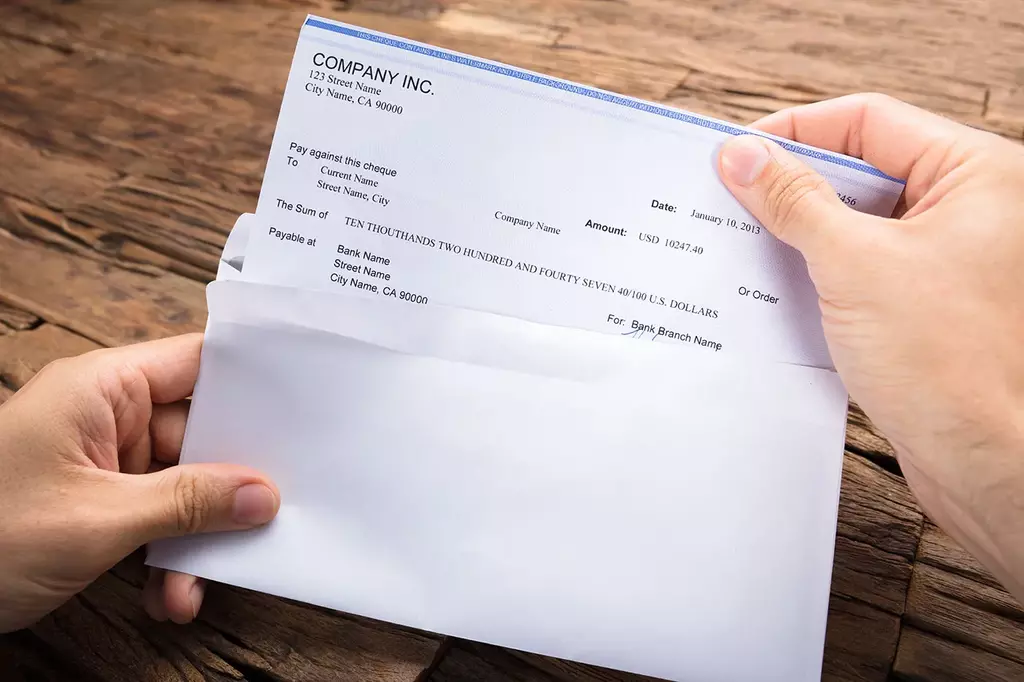
There are different issues relating to wage garnishments and bankruptcy, depending on the specific circumstances involving the wage garnishment.
Wage Garnishments That Were Obtained as an Agreement Directly With You as a Result of the Threat of Civil Litigation
Sometimes creditors, debt collection agencies, or even a law firm are so convincing while making threats of litigation and wage garnishments, the debtor is compelled to agree to a form of wage garnishment rather than be sued. First of all, if you agreed to a wage garnishment plan, or what these companies may call a repayment plan, this agreement may not be legal or stand up in court. This is especially true if the agreement to wage garnishment or repayment plan resulted from threats by the creditor, debt collection agency, or law firm. Even though you are "paying off the debt," if you choose to file for bankruptcy, this wage garnishment will be stopped if the remaining debt is allowed by the court to be covered in a bankruptcy case.
Credit and Debt Collectors Threatening Wage Garnishments Without Filing Civil Litigation Against You
Suppose a creditor, debt collection agency, or law firm threatens you with potential wage garnishments, and no civil litigation has been filed against you. In that case, this is a violation of the Fair Debt Collection Practices Act (FDCPA). According to the FDCPA, threatening wage garnishments or any other threats regarding the debt are prohibited. If anyone has threatened you with wage garnishments or made other threats to you regarding a debt, document each occurrence and immediately report this to your attorney. The creditor, debt collection agency or law firm may be fined, and you may also be able to seek civil damages against the offending party for each act that violated the Fair Debt Collection Practices Act (FDCPA).
Garnishments As a Result of a Court Order Following Civil Litigation
If a creditor has obtained a successful lawsuit against you that resulted in court‑ordered wage garnishments to collect the judgment, this debt is discharged in bankruptcy. The judgment lien may have other issues which will be discussed with you when you meet with your attorney. It would help if you were sure to have all information relating to lawsuits and garnishments with you when you meet with the attorney.
When You File Bankruptcy
An automatic stay goes into effect that prohibits and stops most collection activities by creditors. This means that wage garnishments are also stopped for as long as the bankruptcy stay is in effect. If a creditor wants to resume collection efforts, it must ask the court to do so. The court will lift the stay only if the creditor has a valid reason for doing so. An unsecured creditor such as a credit card company simply wishing to resume a wage garnishment is not a valid reason for the court to lift the stay.
Debts that cannot be discharged in bankruptcy include:
* Alimony and spousal support
* Child support
* Fraudulently created debts
* Certain taxes
* Student loans
We are extremely detailed in our preparation regarding your bankruptcy and bankruptcy‑related legal issues, provide a comprehensive approach in seeking a successful bankruptcy, and guide you through this challenging process with the dignity and respect you deserve.
If you are contemplating filing for bankruptcy and owe the IRS or state tax debt, seek experienced legal counsel regarding your IRS debt and all other bankruptcy‑related issues.
When you file for personal bankruptcy and back taxes are owed, make no mistake about it, the IRS and the state want their money. Fortunately, under the current bankruptcy laws, certain taxes and back taxes may be discharged or excused by the bankruptcy court as part of the bankruptcy process.
The only type of taxes eligible to be discharged or excused in personal bankruptcy is personal income taxes. Business tax debt from unpaid payroll taxes and federal and state withholding or "trust fund" taxes that employers collect on behalf of the IRS or state are never dischargeable. Tax debt from unpaid personal income tax must meet a five‑requirement threshold before it can be considered for IRS discharge in bankruptcy:
* The tax filing due date must be at least three years, including extensions, before the bankruptcy filing.
* Even if filed late, the tax return must have been on file for at least two years before the bankruptcy filing.
* The IRS tax assessment, which could have come from an IRS audit, a reported balance due, or a proposed
assessment that has been finalized, must have been completed more than 240 days before the bankruptcy filing.
Note that certain events can "toll" or suspend the 240 days.
* The tax return cannot have been deemed fraudulent.
* The taxpayer cannot willfully have tried to evade taxes.
For individuals, the most common type of bankruptcy is Chapter 13. Before filing bankruptcy including taxes, here are some things you should know:

You must file all required tax returns for tax periods ending within four years of your bankruptcy filing.

You must continue to file or get an extension of time to file all required returns during your bankruptcy.

During your bankruptcy case, you should pay all current taxes as they come due.

Failure to file returns or pay current taxes during your bankruptcy may result in your case being dismissed.

When you file for bankruptcy, your car, other vehicles, recreational vehicles (such as boats, snowmobiles, campers, and jet skis) are essentially treated similarly as a home foreclosure. Suppose you have been served a notice of repossession by your lender. In that case, there are things that you may be able to do to stop the repossession, delay the repossession, or even give you the time to attempt to refinance the item of value in a manner that would be affordable to you following a bankruptcy.
One of these actions available to many people seeking to save their vehicles is to file for Chapter 7 or Chapter 13 personal bankruptcy.
How Chapter 7 Bankruptcy Can Save Your Vehicle From a Repossession
When a personal Chapter 7 bankruptcy case is filed, an automatic "stay" is issued to all creditors. This "stay" stops all debt collection actions, debt litigation, and, yes, repossessions as well. While the "stay" is only temporary, pending the outcome of the bankruptcy claim, the Chapter 7 bankruptcy can help you in a few ways:
* Give you the ability to have certain debts discharged, enabling you to afford the current debt relating to the
repossession going forward. This can put an end to the repossession process entirely.
* Give you time to restructure, refinance or modify your current debt, thus stopping the repossession process.
* Allow you to have the debt discharged by including the item that was being repossessed in your bankruptcy (if
this occurs, you will lose the item that was being repossessed).
* Give you time to sell the item that is being repossessed for a minimum of what is owed.
How Chapter 13 Bankruptcy Can Save Your Vehicle From a Repossession
File a Chapter 13 payment plan to reorganize your debts to allow you to be able to pay the debt within your budget.
* Give you the ability to consolidate debts affordably, possibly enabling you to afford the current debt for the item
that is being repossessed going forward. This can put an end to the repossession process entirely.
* Give you time to restructure, refinance or modify your current debt, thus stopping the repossession process. You
may also include in the Chapter 13 plan a provision to pay the payments you are behind or the total debt on the
vehicle over a period of up to five years.
* Give you time to sell the item that is being repossessed for a minimum of what is owed on it.
* While an automatic "stay" is issued to all creditors involved in the bankruptcy, the stay in Chapter 7 is only
temporary, and following the bankruptcy, the creditor will still want their money if the debt has not been
discharged in the bankruptcy, and may resume their debt recovery or repossession efforts.
* Suppose you do not have the money necessary to stop the repossession or have not agreed with the creditor that
will stop the repossession process. In that case, the repossession will occur if the lender wants it to happen.
* Even when this happens, you still have options and rights that must be protected.
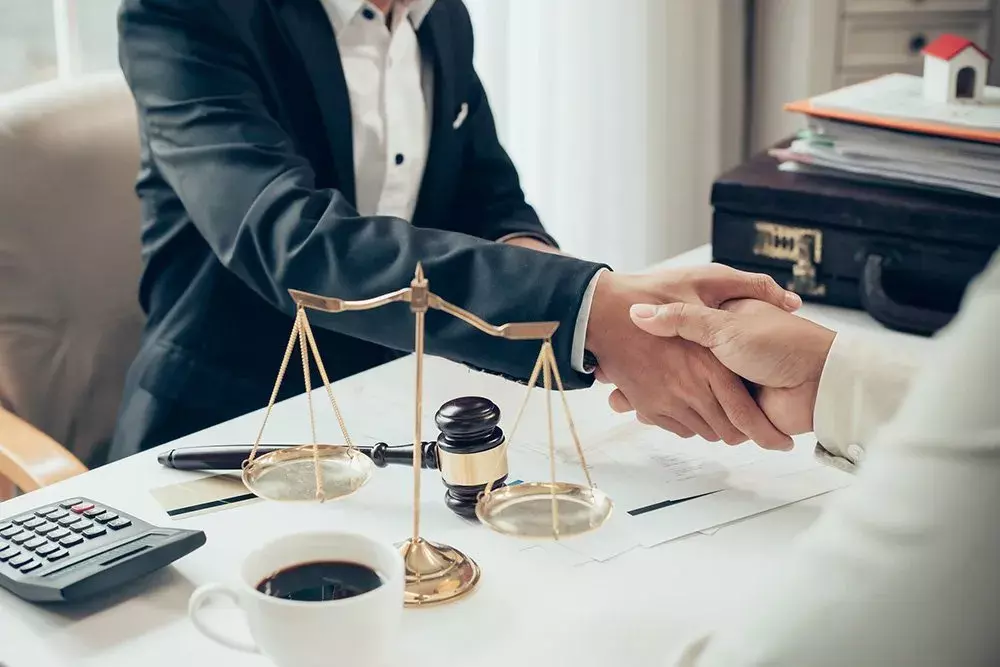
Bankruptcy has become a more complicated process. Are you contemplating filing for bankruptcy, or do you need assistance with debt relief? Call on Brace W. Luquire. We offer personalized and custom‑tailored legal representation and recognize every client, as well as every case, is different.
Our office believes our clients always come first. We are a diligent and efficient law office that specializes in results. We are known for getting the maximum results for our clients because we are thoroughly familiar with how the law works. We will do everything in our power to bring you the results you desire. Brace W. Luquire welcomes the opportunity to consult with you to discuss how we can resolve your legal problems.
At our law firm, you are not just another case; you are an individual who has legal needs and concerns that we consider to be unique to your specific circumstances. This mindset has allowed us to remain diligent in providing each client personal and professional attorney legal services. Our mission is to always provide the highest standard of legal service to each and every client – with every case.
Pursuant to BAPCPA "We are a debt relief agency. We help people file for bankruptcy relief under the Bankruptcy Code."
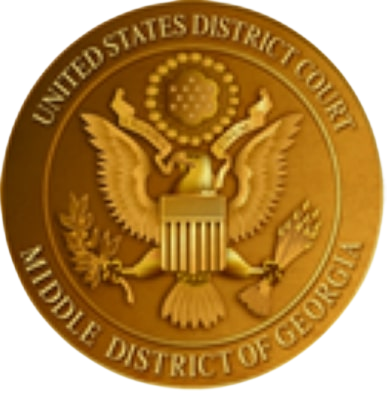
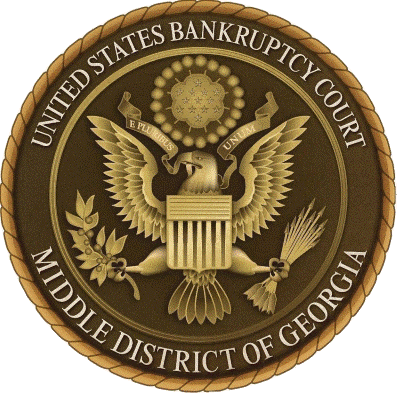
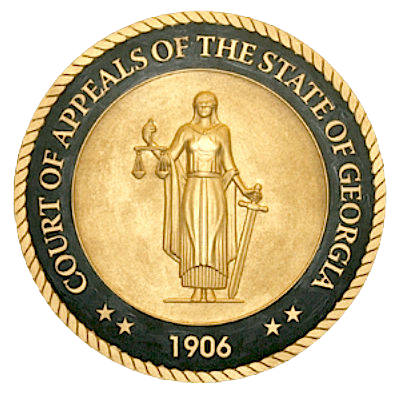
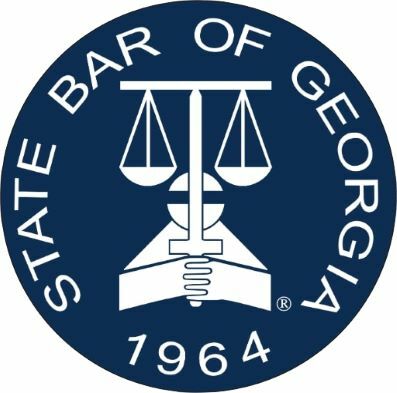
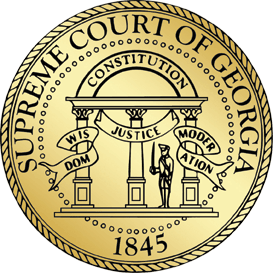
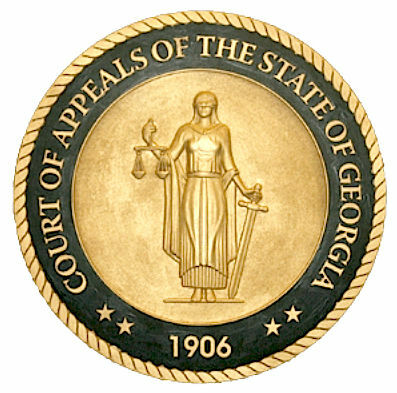
Content, including images, displayed on this website is protected by copyright laws. Downloading, republication, retransmission
or reproduction of content on this website is strictly prohibited. Terms of Use | Privacy Policy